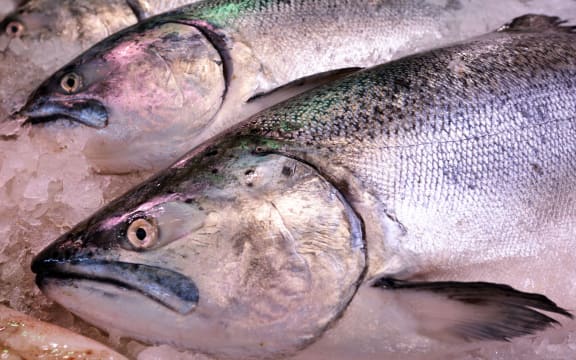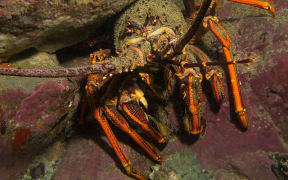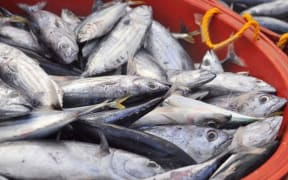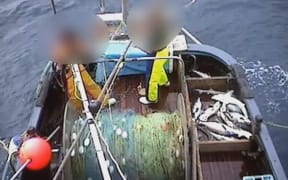A dispute over the quality of New Zealand's fisheries management has erupted into an international scrap between scientists.

Photo: 123rf.com
Seven scientists are backing a survey that rated this country's Quota Management System in the top five out of 28 major fishing countries, but a dozen researchers say it is badly biased.
The international readership of the respected Proceedings of the National Academy of Sciences journal in the US was told in January that New Zealand rated highly.
The survey was a "unique" and "comprehensive" analysis of management systems, said the researchers, including two from the US.
But in a letter published in the journal this week, a dozen scientists - including two from Canada and 10 from New Zealand - dismissed the survey's New Zealand rating.
Otago University zoology professor Liz Slooten said there was "certainly something unusual going on".
"Not only is the sample of people they interviewed clearly biased and not representative but also the sample of fisheries they've looked at is biased."
She questioned why the survey looked at 10 fisheries that were all high-volume high-value ones, when a random sample would have included others that were poorly managed.
However, a second letter - also published in the journal this week - said these critics had failed to recognise that the New Zealand system was a lot better than many others and "among the world's most successful at meeting objectives".
NIWA fish stock assessment chief Dr Rosemary Hurst was one of seven scientists who signed that second letter.
None of the critics, she said, had any experience of stock assessment processes. "The people who were chosen as respondents, some of them had many decades working in that area."
New Zealand's high rating was based on the feedback of a small group of people, including Dr Hurst.
Two of them worked in fisheries management, including for the Ministry for Primary Industries, which has consistently backed the Quota Management System.
Two others worked for the fishing industry, while two more were anonymous.
"I think it was an adequate sample to do the kind of study that they did and draw the conclusions that they drew, yes," said Dr Hurst.
The survey said it had sought views from "fishery experts from diverse backgrounds". This process was not independently reviewed by the journal.
Prof Slooten said the original journal article wrongly described some of the respondents, disguising their industry ties, and the authors had now admitted to this.
Industry lobby group Seafood New Zealand seized on the survey's finding in January in an editorial dismissing conservationist critics of the Quota Management System.
The 12 critics said the quota system encouraged overfishing and dumping and should be scrapped in favour of a whole ecosystem approach.
Read the two letters in response to the original report:





